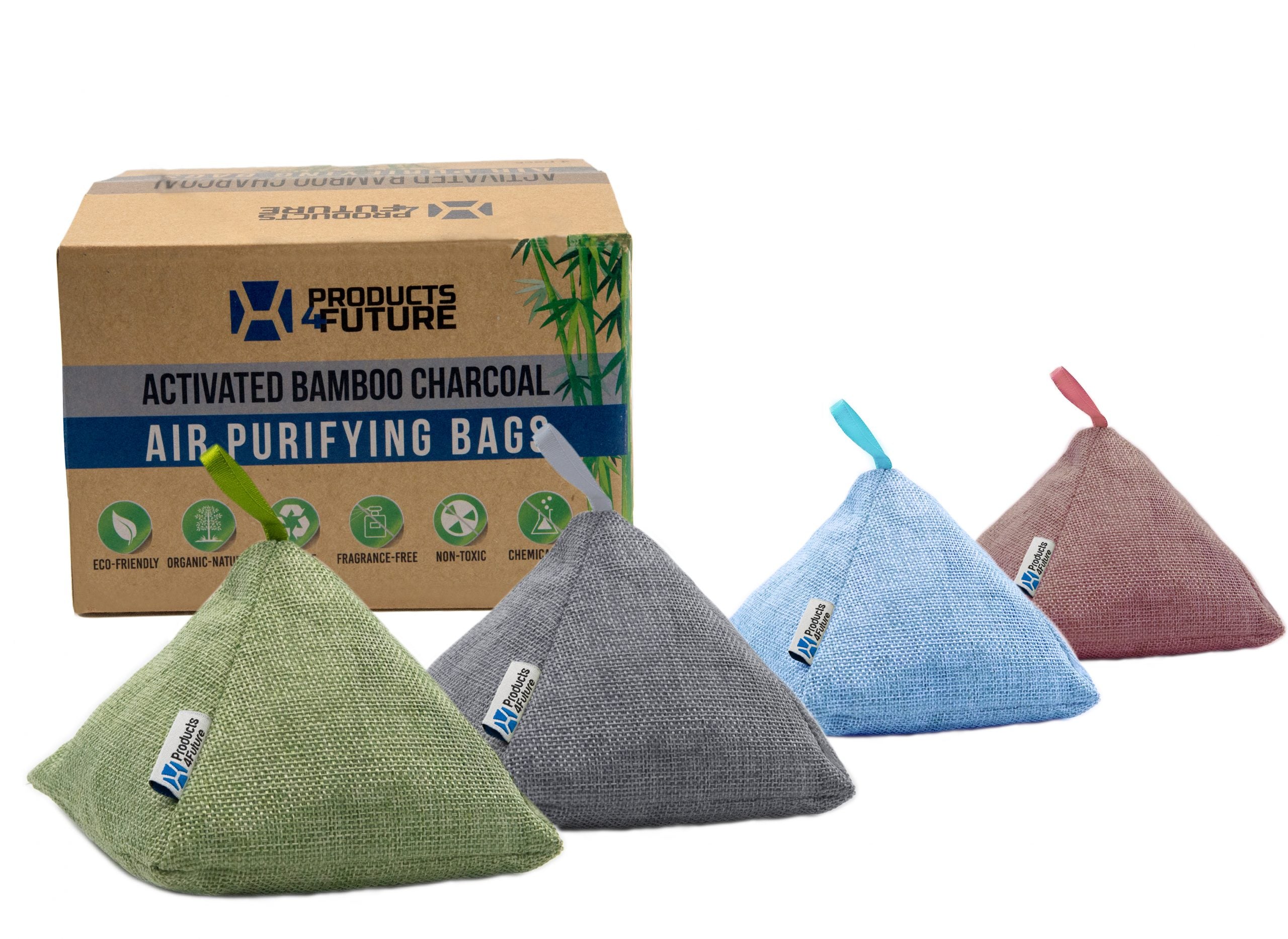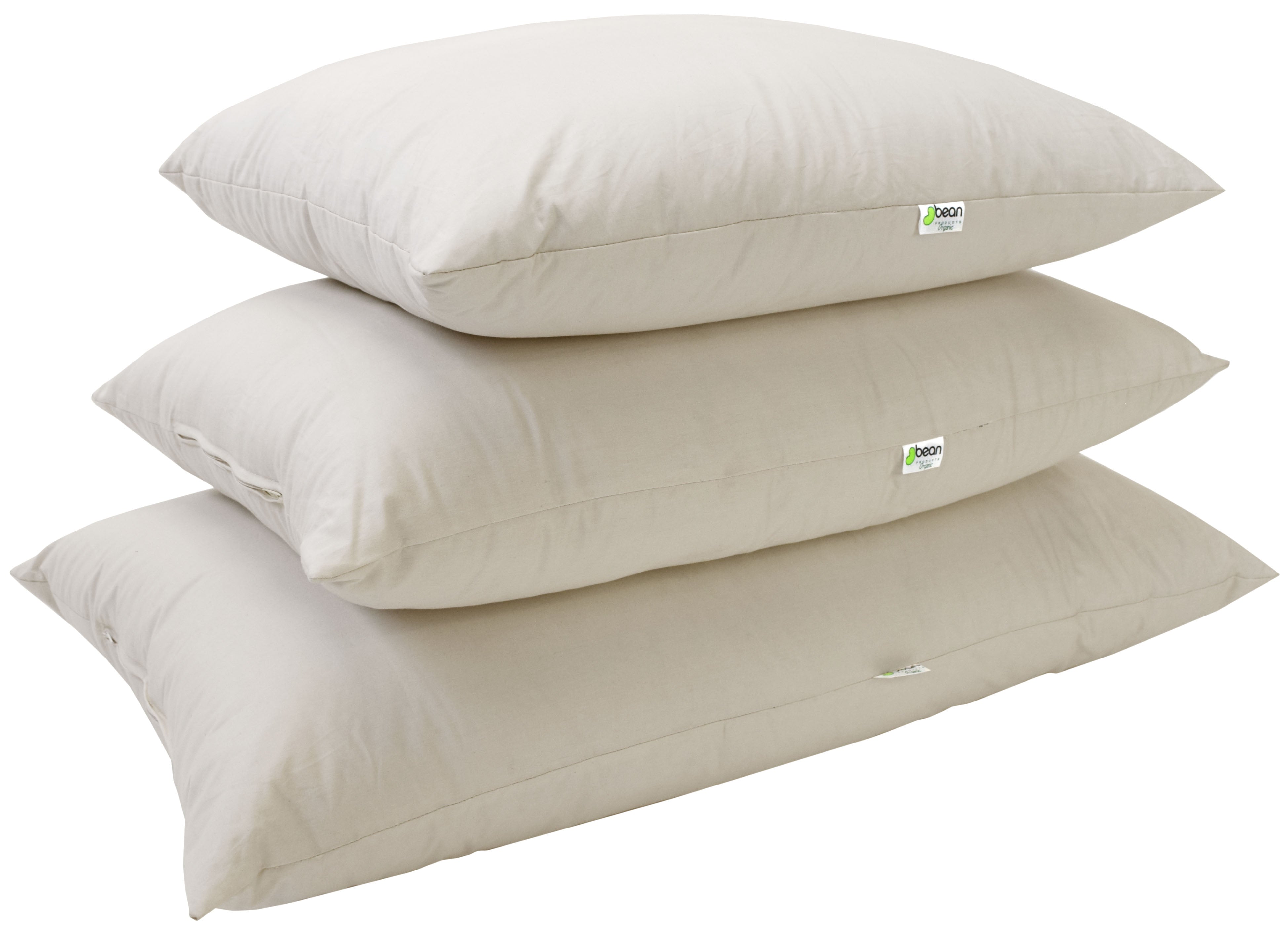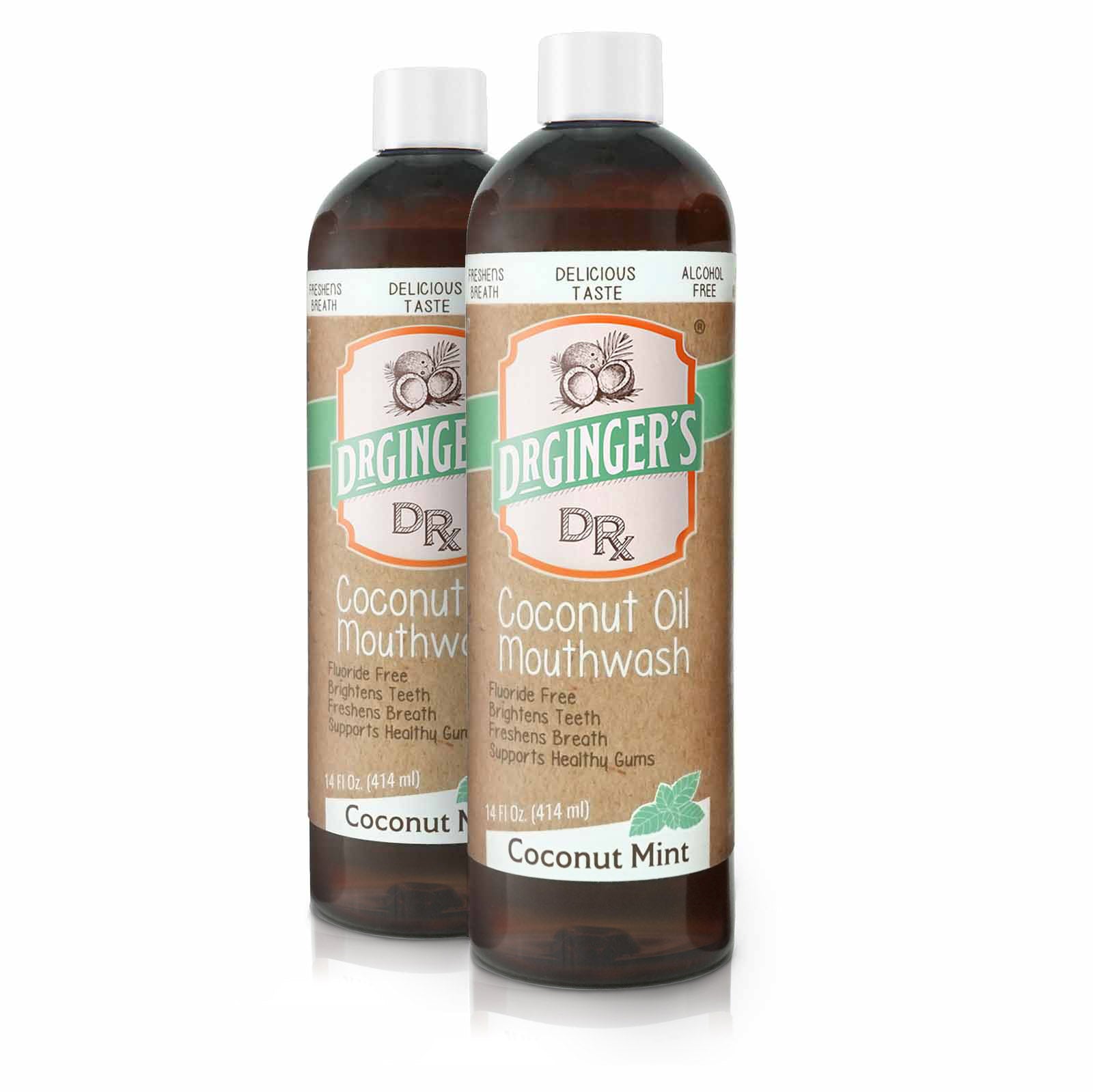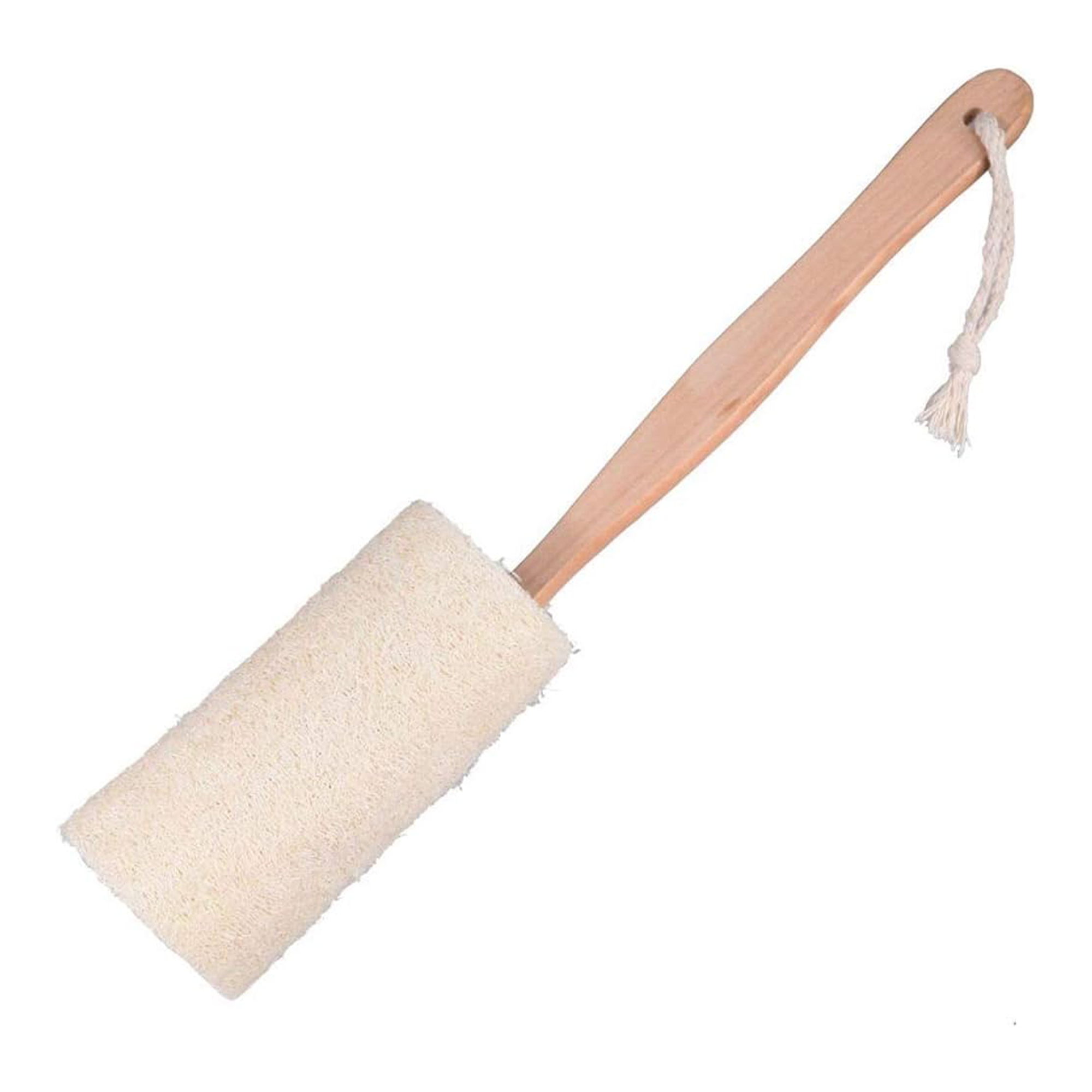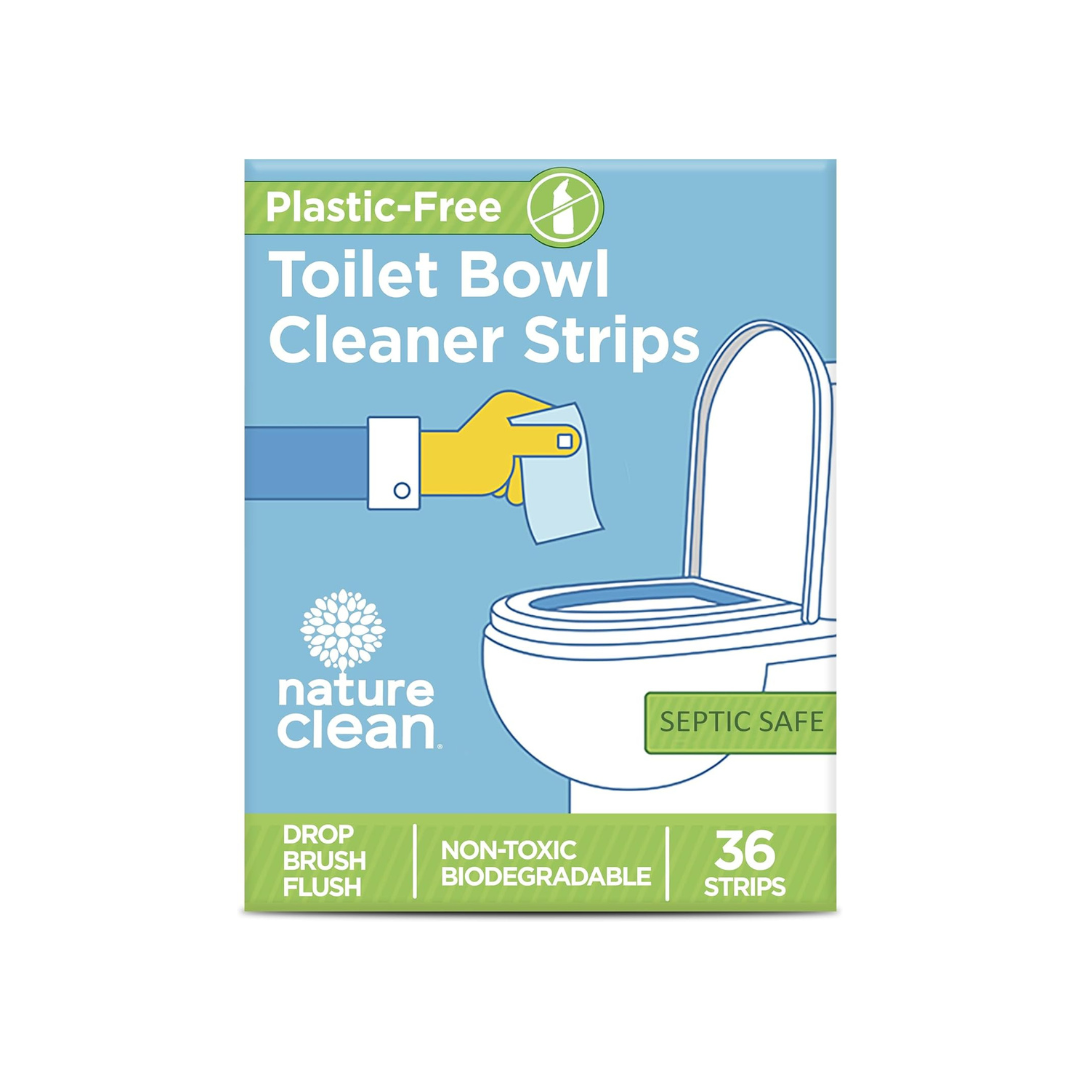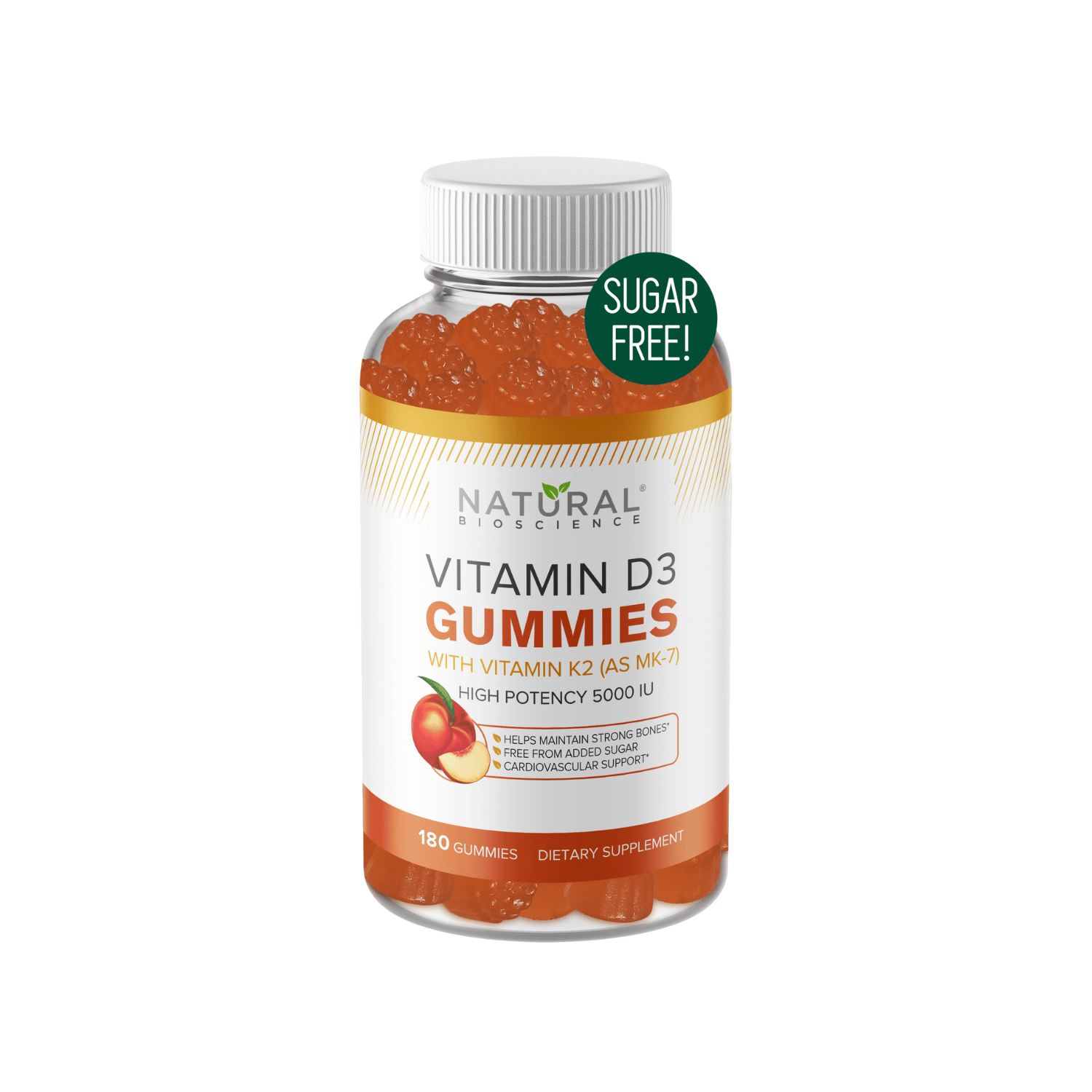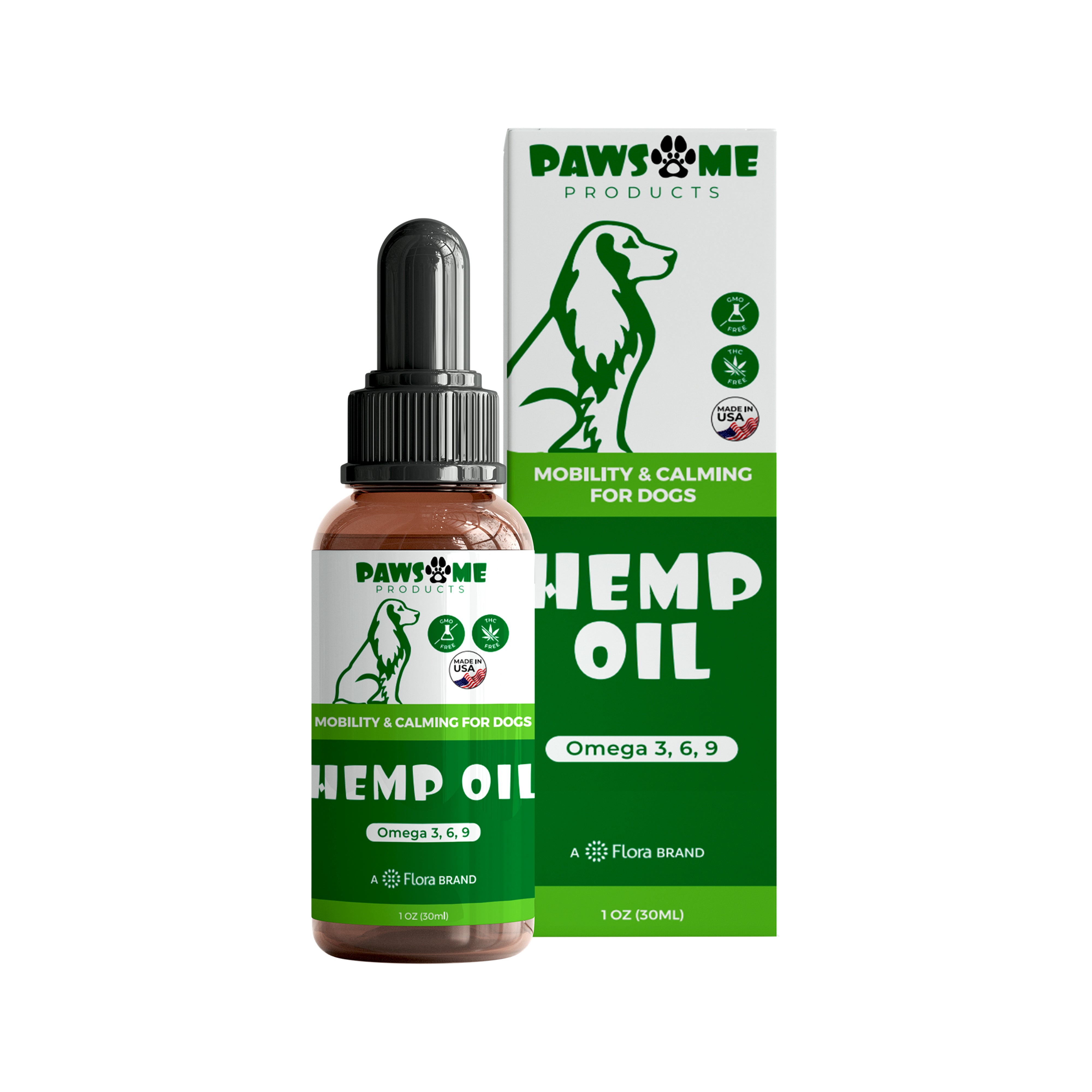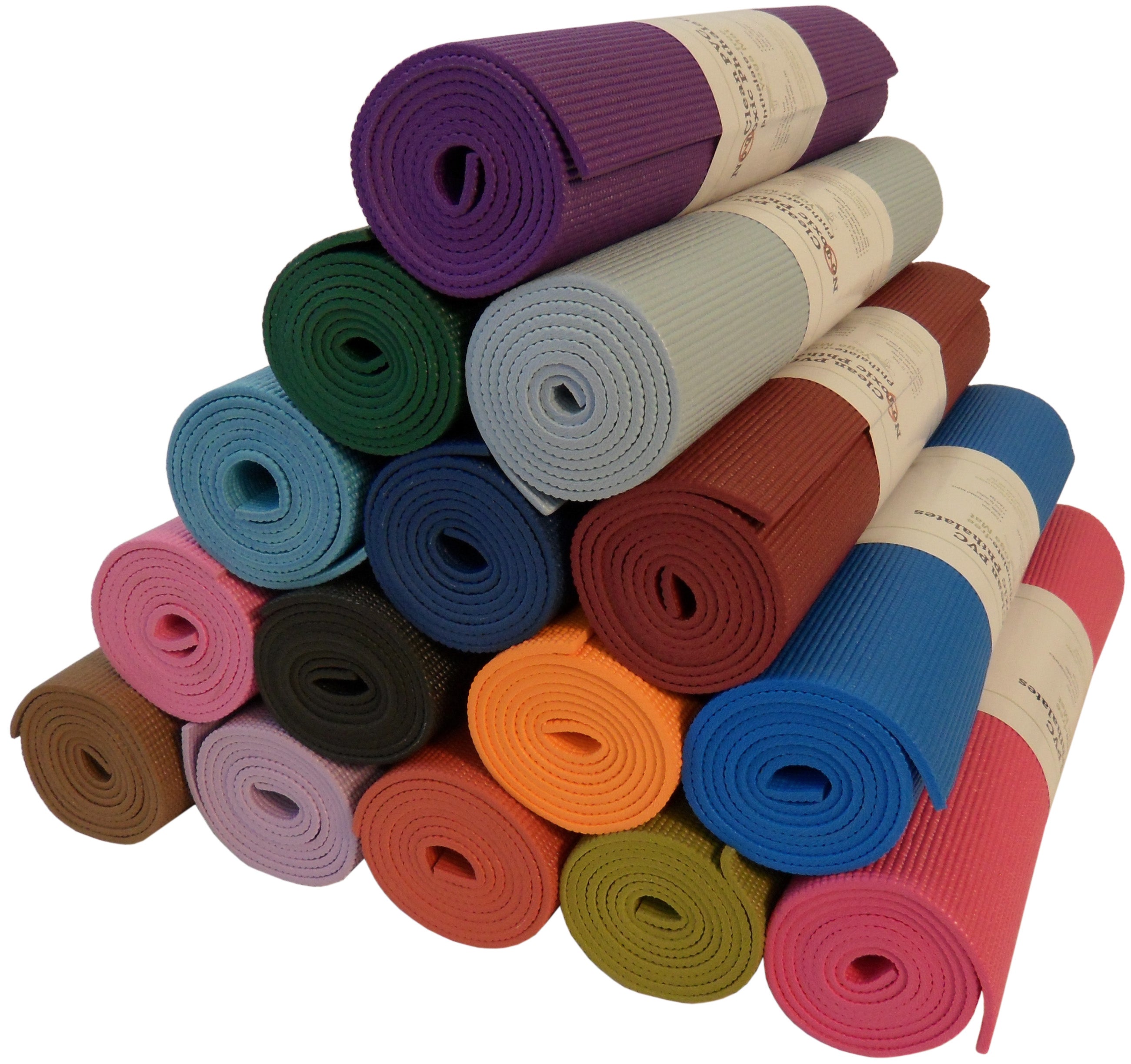Toilet paper serves as a fundamental hygiene product designed for personal cleanliness. It originated in China in the 14th century and has transformed from a luxury item into a daily necessity. So the question is: is toilet paper biodegradable?
The Composition and Production of Toilet Paper
Toilet paper is typically made from either virgin pulp or recycled paper. Virgin pulp, sourced directly from trees, has significant environmental impacts including deforestation and habitat destruction. Alternatively, recycled paper offers a more sustainable approach by reducing the demand for virgin resources and minimizing waste. However, many toilet papers include chemicals like bleach to enhance whiteness and softness, which can pose additional environmental risks.
Assessing the Biodegradability of Toilet Paper
The biodegradability of toilet paper largely depends on its raw materials and chemical additives. While most plain toilet papers are inherently biodegradable, those treated with synthetic chemicals may degrade at a slower rate. Understanding these factors is crucial for evaluating the environmental impact of different brands and types of toilet paper. For further insights into how these processes impact our planet, consider reading this article on deforestation by National Geographic.
Environmental Considerations and Impact
The production of toilet paper from virgin pulp is a major driver of deforestation, contributing to loss of biodiversity and increased carbon emissions. Opting for products made from recycled materials can significantly mitigate these impacts. Furthermore, the disposal of non-biodegradable waste from some types of toilet paper can exacerbate landfill overflow and marine pollution, posing serious challenges for waste management and environmental health.
For more detailed information on adopting sustainable household practices, visit our Home & Garden blog category.
Exploring Eco-Friendly Toilet Paper Options
The demand for sustainable hygiene products has led to the emergence of several eco-friendly alternatives to traditional toilet paper. These options not only help reduce environmental impact but also promote sustainable forestry and waste reduction practices.
-
Bamboo Toilet Paper: Bamboo is a highly renewable resource that grows quickly and doesn’t require pesticides or much water. It is also stronger and softer than many traditional woods, making it an ideal material for toilet paper.
-
Check out our detailed comparison of bamboo versus traditional materials in Bamboo 101.
-
-
Recycled Paper Toilet Paper: Using recycled paper helps divert waste from landfills and reduces the need for virgin pulp, which is a significant advantage in conserving natural resources.
-
Hemp Toilet Paper: Hemp grows faster than trees and has a lower ecological footprint. It requires less water and no pesticides, making it a sustainable choice for paper production.
Benefits of Switching to Eco-Friendly Toilet Paper
Opting for sustainable toilet paper alternatives can lead to several environmental benefits:
-
Reduction in Deforestation: By choosing products made from fast-growing plants like bamboo and hemp, or recycled materials, consumers can directly contribute to reducing the demand for virgin tree pulp.
-
Lower Water and Energy Consumption: Sustainable manufacturing processes typically use less water and energy, further decreasing the ecological footprint of these products.
-
Decreased Chemical Usage: Eco-friendly toilet paper is often processed without harmful chemicals, reducing water pollution and improving safety for both the environment and human health.
How to Choose the Right Eco-Friendly Toilet Paper
When shopping for eco-friendly toilet paper, consider the following factors to ensure you are making the most sustainable choice:
-
Material Source: Look for products made from bamboo, hemp, or 100% post-consumer recycled paper.
-
Chemical Treatments: Choose toilet paper that is unbleached or processed without chlorine to minimize chemical usage.
-
Certifications: Look for certifications like FSC (Forest Stewardship Council) or Rainforest Alliance, which indicate sustainable sourcing practices.
-
Packaging: Opt for toilet paper wrapped in recycled or biodegradable packaging to reduce plastic waste.
For more tips on selecting environmentally friendly products, visit our guide on "How to Choose Sustainable Products for Your Home".
Conclusion and Moving Forward
Making the switch to eco-friendly toilet paper is a simple yet effective step toward a more sustainable lifestyle. By considering the environmental impact of everyday products, consumers can make informed choices that contribute to the health of the planet.
Encourage others to join the movement by sharing information and resources about sustainable living. For more insights and updates on eco-friendly products and practices, follow our ongoing series at Flora.
Together, we can make a significant impact on our environment by choosing sustainable alternatives and promoting eco-conscious habits.




